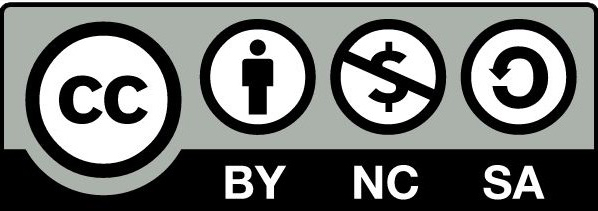O
Ongoing stability study: The study carried out by the manufacturer on production batches according to a predetermined schedule in order to monitor, confirm and extend the projected re-test period (or shelf-life) of the API, or confirm or extend the shelf-life of the FPP. (WHO)
The stability of the API should be monitored according to a continuous and appropriate programme that will permit the detection of any stability issue (e.g., changes in levels of degradation products). The purpose of the ongoing stability programme is to monitor the API and to determine that the API remains, and can be expected to remain, within specifications under the storage conditions indicated on the label, within the re-test period in all future batches.
After a marketing authorization has been granted, the stability of the FPP should be monitored according to a continuous appropriate programme that will permit the detection of any stability issue (e.g., changes in levels of impurities or dissolution profile) associated with the formulation in the container closure system in which it is marketed. The purpose of the ongoing stability programme is to monitor the product over its shelf-life and to determine that the product remains, and can be expected to remain, within specifications under the storage conditions on the label.
Operational qualification (OQ): The process of obtaining and documenting evidence, under controlled conditions, that the premises, equipment and supporting systems operate in accordance with their design specifications. (WHO)
Out-of-specification: A material, product, or service failing to meet one or more of the applicable specifications.
Outbreak: An epidemic limited to localized increase in the incidence of a disease, e.g., in a village, town, or closed institution; upsurge is sometimes used as a euphemism for outbreak; the sudden increase in the incidence of a disease or condition in a specific area. (WHO)


The users of this electronic publication are free to share (to copy, distribute, display and perform the work and make derivative works based on it only for noncommercial purposes); and to remix (to adapt the work) under the following conditions:
Attribution - The work must be attributed in the manner specified by the author or licensor (but not in a way that suggests that they endorse you or your use of work)